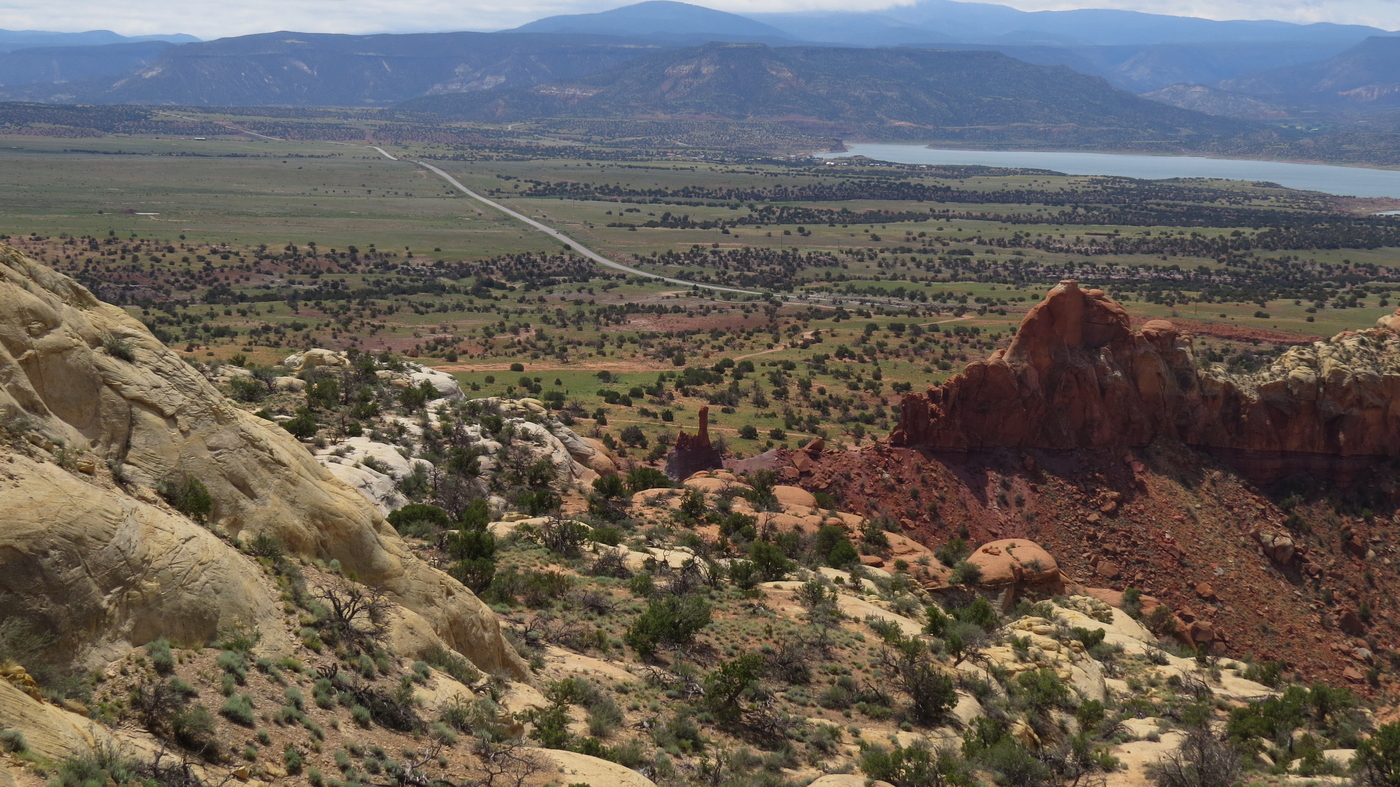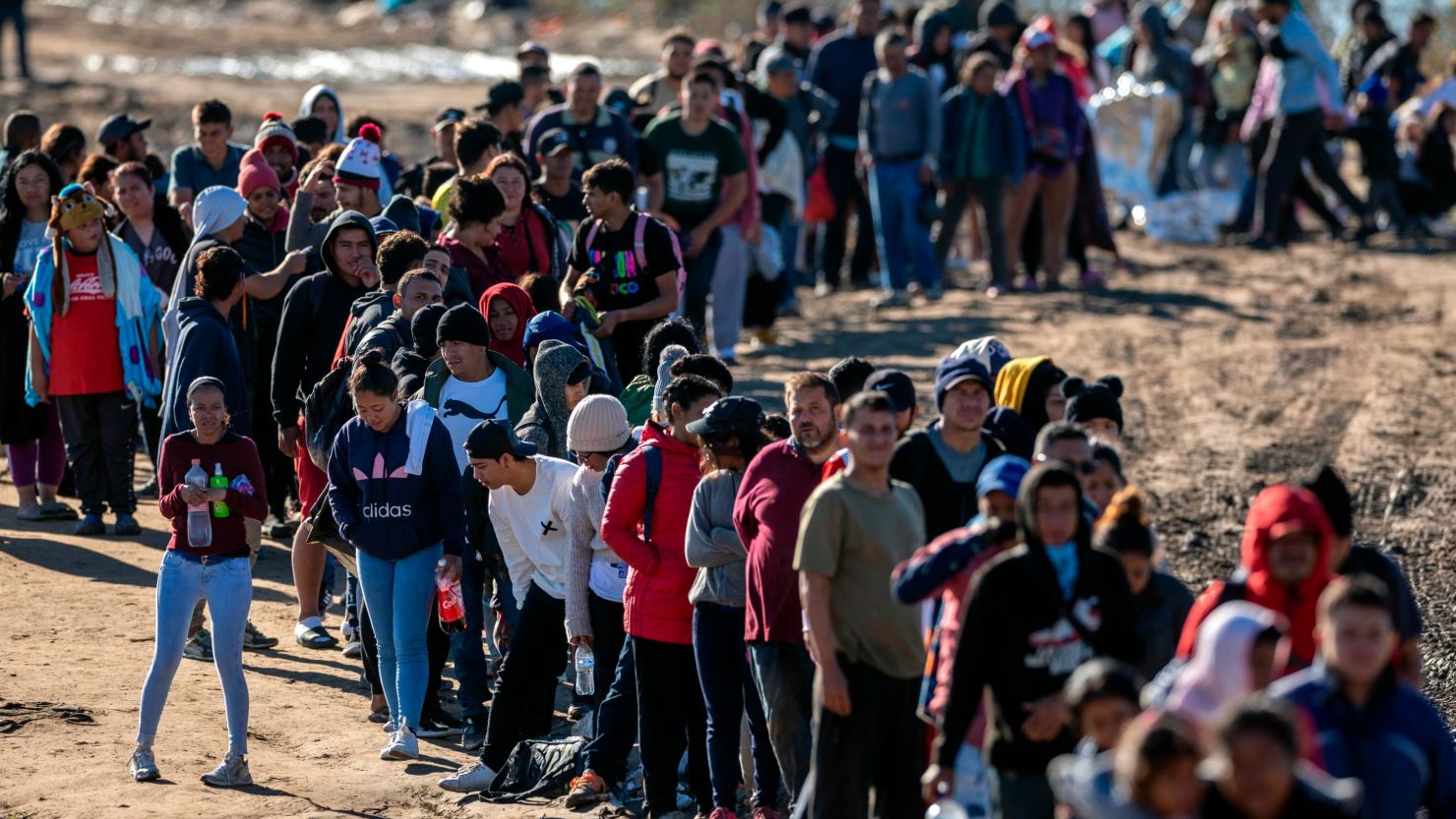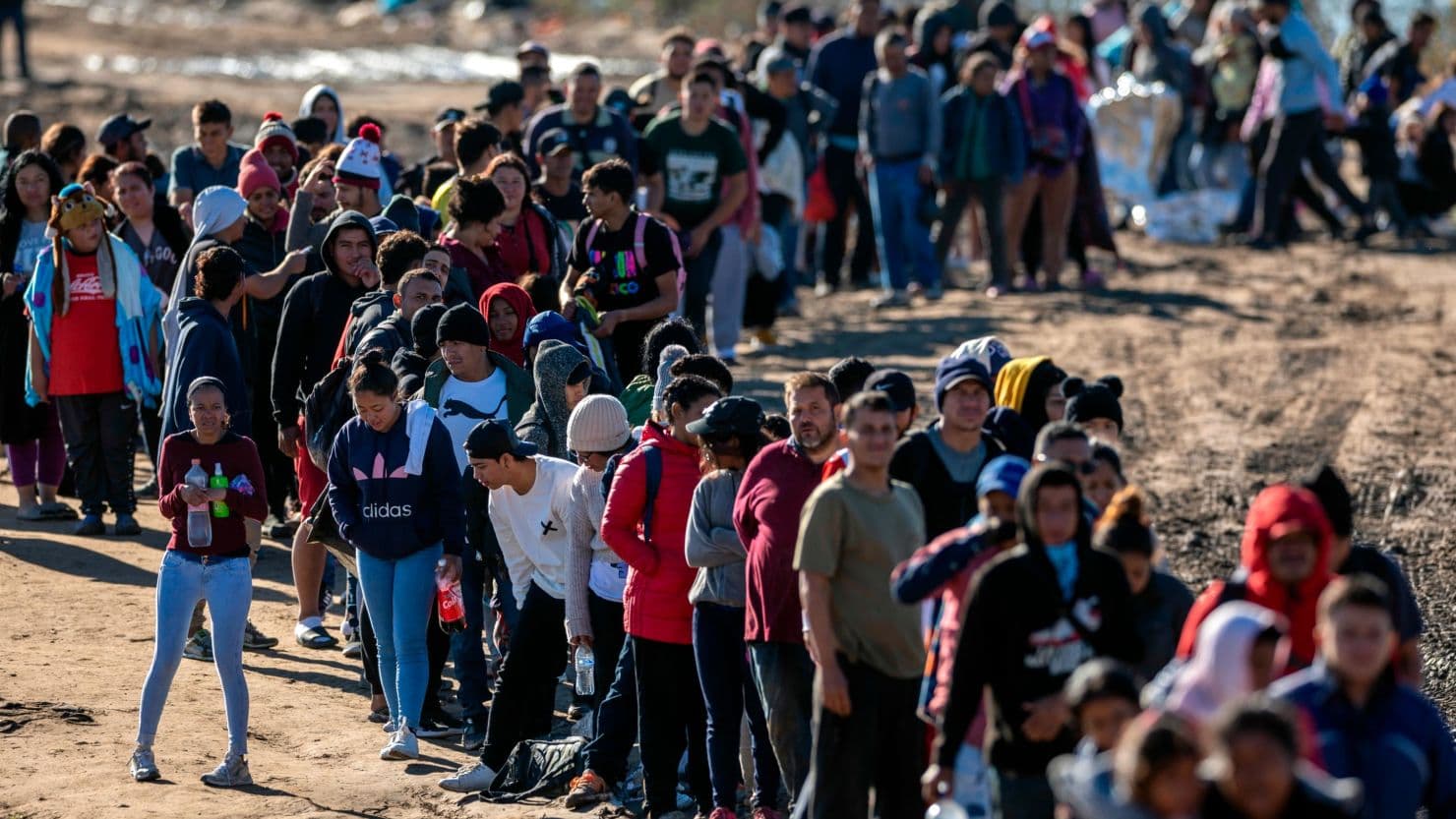The U.S. government is taking drastic measures to fortify its southern border, with military zones now covering nearly one-third of the area along the U.S.-Mexico border. This unprecedented move empowers soldiers to arrest individuals crossing the border illegally, raising urgent concerns about civil liberties and the treatment of vulnerable migrants.
Militarization of the Border Escalates
According to AP News, the U.S. Army has erected thousands of no-entry signs in English and Spanish throughout the New Mexico desert, marking a significant shift in border enforcement. Soldiers are now authorized to detain individuals, circumventing the long-standing Posse Comitatus Act that prohibits military involvement in civilian law enforcement.
Impact on Migrant Lives
The militarization has resulted in over 1,400 migrants facing trespassing charges, risking 18-month prison sentences for simply crossing what has now become a military zone. These measures not only criminalize migration but also represent an alarming trend of increasing hostility towards those seeking safety and opportunity in the U.S. As reported by Defense.gov, the military presence on the border has expanded to include at least 7,600 troops, significantly heightening tensions in areas already grappling with issues of human smuggling and drug trafficking.

New Mexico"s Northern Landscape Gets A New Burst Of Color : NPR
Local Perspectives on Militarization
Within New Mexico"s Luna County, the reaction to military involvement has been mixed. Some residents, like farmer James Johnson, express support for enhanced border security, citing a need to combat illegal activities. Yet others, such as outdoor enthusiasts and local hunters, voice fears of being shut out from public lands and the risks posed by military presence. Ray Trejo, a local commissioner, articulated the struggle many feel: “People are coming into our country to work... and they have no idea” they are stepping into a military zone.
Legal Challenges Ahead
The American Civil Liberties Union (ACLU) is at the forefront of challenging these militarized zones, asserting that the expansion of military authority on American soil is unprecedented and deeply concerning. As stated by ACLU attorney Rebecca Sheff, the government is testing a more punitive approach to border enforcement, which could set a dangerous precedent for future policies. The implications of this militarization not only affect migrants but also threaten the rights of U.S. citizens who may inadvertently find themselves in restricted areas.

Authorities encountering record amount of migrants at the border each ...
Consequences for Migrants and Communities
The consequences of this military escalation are severe. Migrants face not only the threat of incarceration but also the risk of deportation after being processed by Customs and Border Protection. A recent case highlighted in Las Cruces, New Mexico, saw a Guatemalan woman sentenced to two weeks in jail for illegal entry, underscoring the harsh realities faced by those fleeing dire circumstances. The government’s actions suggest a calculated effort to deter migration through increasingly punitive measures, which many argue do not address the root causes of migration and may ultimately lead to more deaths in the unforgiving desert.

![[Video] Federal officers deploy sting balls and flash grenades at Whipple Building](/_next/image?url=%2Fapi%2Fimage%2Fthumbnails%2Fthumbnail-1768340555229-vhfcc-thumbnail.jpg&w=3840&q=75)
![[Video] Crowd-control weapons used in Minneapolis as anti-ICE protesters attack police vehicle](/_next/image?url=%2Fapi%2Fimage%2Fthumbnails%2Fthumbnail-1768336302231-akxf7s-thumbnail.jpg&w=3840&q=75)

![[Video] Protests erupt in Minneapolis after ICE detains teenager, multiple arrests made](/_next/image?url=%2Fapi%2Fimage%2Fthumbnails%2Fthumbnail-1768331835371-z9ylqg-thumbnail.jpg&w=3840&q=75)


![[Video] Gunfire between Iraqi security forces and Sadr militias in Baghdad](/_next/image?url=%2Fapi%2Fimage%2Fthumbnails%2Fthumbnail-1768343508874-4redb-thumbnail.jpg&w=3840&q=75)
